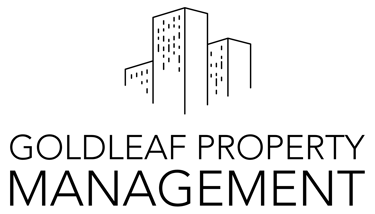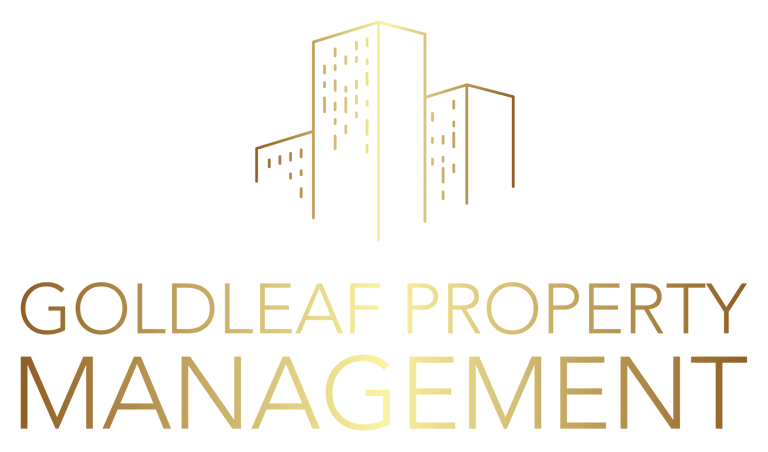Common Issues in Condominium Living and How to Address Them
Explore common issues in condominium living, including pet policies, smoking restrictions, and bylaw enforcement. This article discusses how to effectively address these challenges through clear communication, community engagement, and the development of comprehensive policies.
10/7/20242 min read


Common Issues in Condominium Living and How to Address Them
Condominium living offers various benefits, such as shared amenities and a sense of community. However, it also comes with its own set of challenges. Understanding and addressing these common issues can help ensure a harmonious living environment for all residents. In this blog post, we will discuss prevalent concerns such as pet policies, smoking restrictions, and bylaw enforcement, along with strategies for effectively managing these issues.
1. Pet Policies
The Challenge
Pet ownership can be a contentious issue in condominium communities. While many residents appreciate the companionship pets provide, others may have allergies, fears, or concerns about noise and property damage. Establishing clear pet policies is essential to find a middle ground that respects everyone’s needs.
How to Address It
Create Comprehensive Pet Policies: The condominium board should draft clear and detailed policies regarding pet ownership. This includes size and breed restrictions, pet registration processes, and regulations regarding common areas.
Encourage Communication: Hold meetings to discuss the proposed policies and gather feedback from residents. This collaborative approach can help identify potential concerns and create a sense of community buy-in.
Enforce Policies Fairly: Once established, enforce the pet policies consistently. Consider providing residents with resources on responsible pet ownership, including training and behavioral tips.
2. Smoking Restrictions
The Challenge
Smoking can create significant discomfort for non-smoking residents, leading to disputes and health concerns. Many condominiums are now implementing smoking restrictions to create a healthier living environment.
How to Address It
Establish Smoking Policies: Clearly define the smoking policies within the condominium bylaws. This can include designated smoking areas, restrictions on smoking in common areas, and potential penalties for violations.
Engage Residents: Similar to pet policies, involve residents in discussions about smoking restrictions. This helps ensure that the policies reflect the community's values while addressing health and safety concerns.
3. Bylaw Enforcement
The Challenge
Bylaws are the foundation of condominium living, governing everything from noise levels to renovations. However, enforcing these bylaws can be a challenge, leading to conflicts and misunderstandings among residents.
How to Address It
Regular Reviews and Updates: Periodically review and update the bylaws to ensure they remain relevant to the needs of the community. Ensure that all residents are informed about any changes and the reasons behind them.
Consistent Communication: Use newsletters, community meetings, and digital platforms to keep residents informed about the bylaws. Education is key to fostering compliance and understanding.
Fair Enforcement: Establish a transparent process for reporting and addressing violations. Ensure that all residents are treated fairly and that the consequences for breaches are clearly communicated.
Conclusion
Navigating common issues in condominium living—such as pet policies, smoking restrictions, and bylaw enforcement—requires thoughtful consideration and effective communication. By implementing clear policies, engaging residents, and utilizing available resources, condominium boards can create a living environment that addresses the diverse needs of all residents.
Being proactive in these areas not only enhances the quality of life in your community but also fosters a sense of belonging and cooperation among residents. Condominium living can be a rewarding experience when everyone understands and respects the rules that guide their community.






